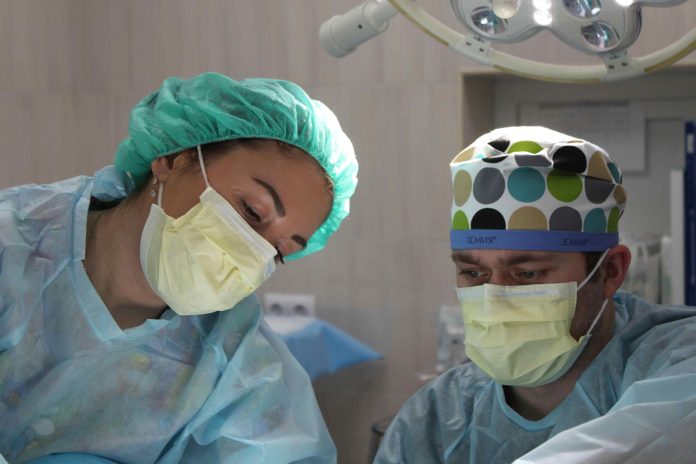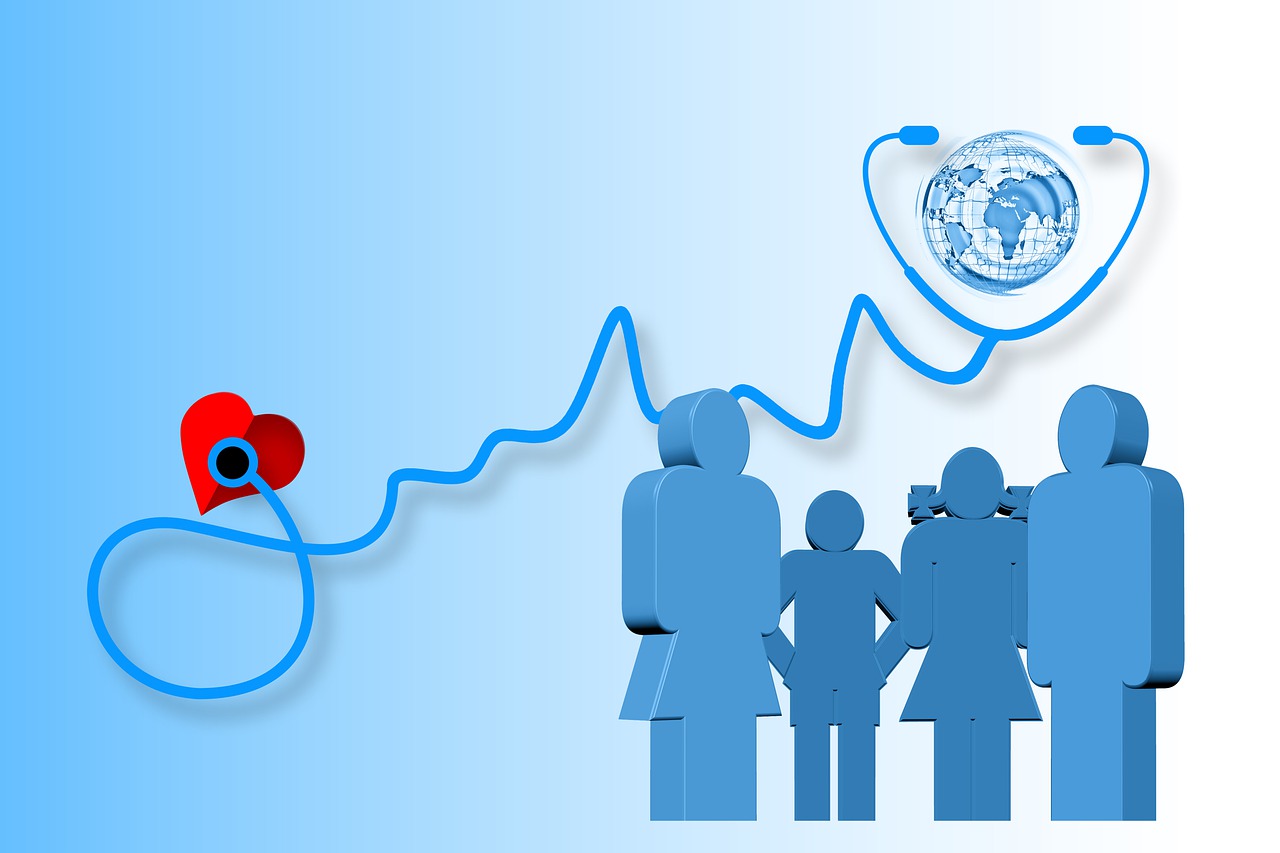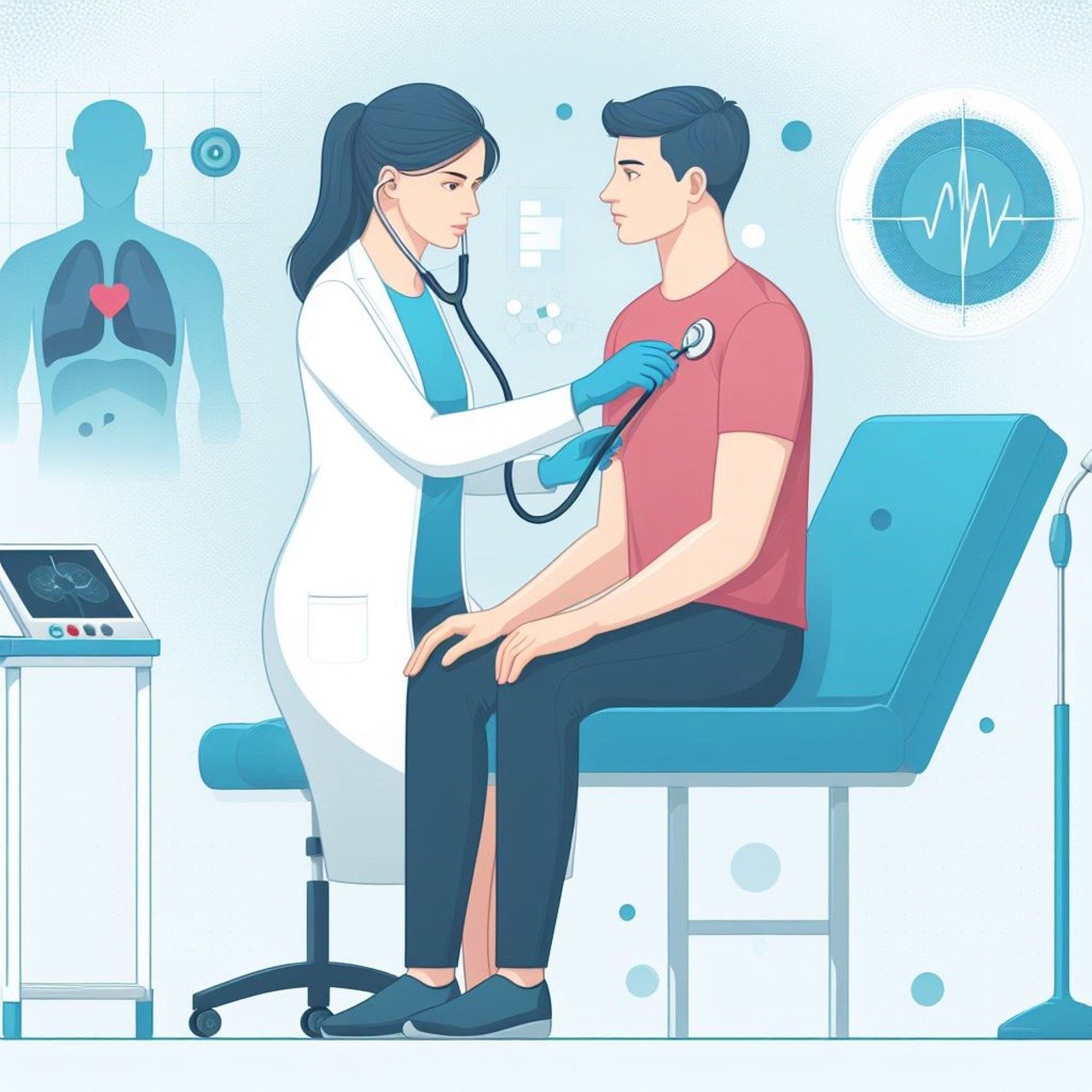Take a look at the benefits of new tech in healthcare in this post.
The rapid advancement of technology offers numerous benefits that enhance patient care, streamline processes, and improve overall outcomes for healthcare companies. New technologies are transforming healthcare delivery and experience.
These innovations make healthcare more efficient, accessible, and personalized. As the industry continues to embrace technological advancements, the potential for improved patient outcomes and enhanced operational efficiency grows exponentially.
This blog explores the various benefits of new tech in healthcare, highlighting how these innovations are reshaping the landscape.
Table of Contents
1. Improved Diagnostic Accuracy
One of the most significant benefits of new technology in healthcare is the improvement in diagnostic accuracy. Advanced imaging techniques, such as MRI, CT scans, and 3D ultrasounds, provide detailed and precise images that help doctors detect diseases and conditions earlier and with greater accuracy.
These technologies enable healthcare providers to diagnose issues that may not be visible through traditional methods, leading to better treatment plans and outcomes for patients. Artificial intelligence (AI) and machine learning are playing a crucial role in enhancing diagnostic accuracy.
AI algorithms can analyze vast amounts of medical data, including patient records, lab results, and imaging studies, to identify patterns and anomalies that the human eye might miss. Use of AI in healthcare companies allows for earlier detection of diseases such as cancer, heart disease, and neurological disorders.
2. Enhanced Patient Monitoring
New technologies have significantly improved patient monitoring capabilities, allowing for continuous and real-time tracking of vital signs and health metrics.
Wearable devices, such as smartwatches and fitness trackers, can monitor heart rate, blood pressure, glucose levels, and other important indicators. These devices provide valuable data that can be used to detect potential health issues before they become serious.
Remote patient monitoring systems have also advanced, enabling healthcare providers to keep track of patients’ health status from a distance. This is particularly beneficial for patients with chronic diseases, elderly individuals, and those recovering from surgery.
By receiving real-time updates and alerts, healthcare providers can promptly address any concerning changes in a patient’s condition.
3. Streamlined Administrative Processes
The adoption of new technology in healthcare has led to streamlined administrative processes, resulting in increased efficiency, and reduced operational costs. Electronic health records (EHRs) have replaced traditional paper records, making it easier to store, retrieve, and share patient information.
The digitization of records ensures that healthcare providers have quick access to accurate and up-to-date patient data, which is crucial for making informed decisions and providing high-quality care. Automation and AI-powered tools have significantly reduced the administrative burden on healthcare staff.
Tasks such as appointment scheduling, billing, and insurance claim processing can now be automated, freeing up valuable time for healthcare professionals to focus on patient care. Natural language processing (NLP) technologies can also assist in transcribing and analyzing clinical notes, ensuring that important information is accurately documented.
4. Expanded Telehealth Services
The rise of telehealth services is one of the most notable benefits of new technology in healthcare. Telehealth enables patients to receive medical care remotely, using digital communication tools such as video calls, phone calls, and messaging apps.
Telehealth services are particularly beneficial for individuals in remote or underserved areas, as well as those with mobility issues or busy schedules. It also provides a convenient and efficient way for healthcare providers to conduct follow-up appointments, manage chronic conditions, and provide mental health support.
Patients can receive care from the comfort of their homes, reducing the need for travel and minimizing disruptions to their daily lives. Additionally, telehealth can help reduce healthcare costs by decreasing the number of unnecessary emergency room visits and hospital admissions.
5. Personalized Treatment Plans
New technology in healthcare has paved the way for personalized treatment plans that cater to the unique needs of each patient. Advances in genomics and biotechnology have made it possible to analyze an individual’s genetic makeup to create tailored therapies and interventions.
Personalized medicine considers a patient’s genetic profile, lifestyle, and environmental factors to develop treatment plans that are more effective and have fewer side effects. AI and data analytics play a crucial role in creating personalized treatment plans.
AI can identify trends and correlations that inform treatment strategies by analyzing large datasets from diverse populations. This approach ensures that patients receive the most appropriate and effective care based on their specific conditions and characteristics.
Conclusion
Listed above are the benefits of new tech in healthcare.
The integration of new technology in healthcare brings numerous benefits that enhance patient care, improve diagnostic accuracy, streamline administrative processes, expand telehealth services, and enable personalized treatment plans.
These technological advancements are transforming the healthcare industry. They make it more efficient, accessible, and patient-centric. As technology continues to evolve, its impact on healthcare will only grow, offering even more innovative solutions to the challenges faced by industry.
By embracing new technology, healthcare providers can deliver higher quality care, leading to better health outcomes and improved patient satisfaction.
INTERESTING POSTS
About the Author:
Mikkelsen Holm is an M.Sc. Cybersecurity graduate with over six years of experience in writing cybersecurity news, reviews, and tutorials. He is passionate about helping individuals and organizations protect their digital assets, and is a regular contributor to various cybersecurity publications. He is an advocate for the adoption of best practices in the field of cybersecurity and has a deep understanding of the industry.







